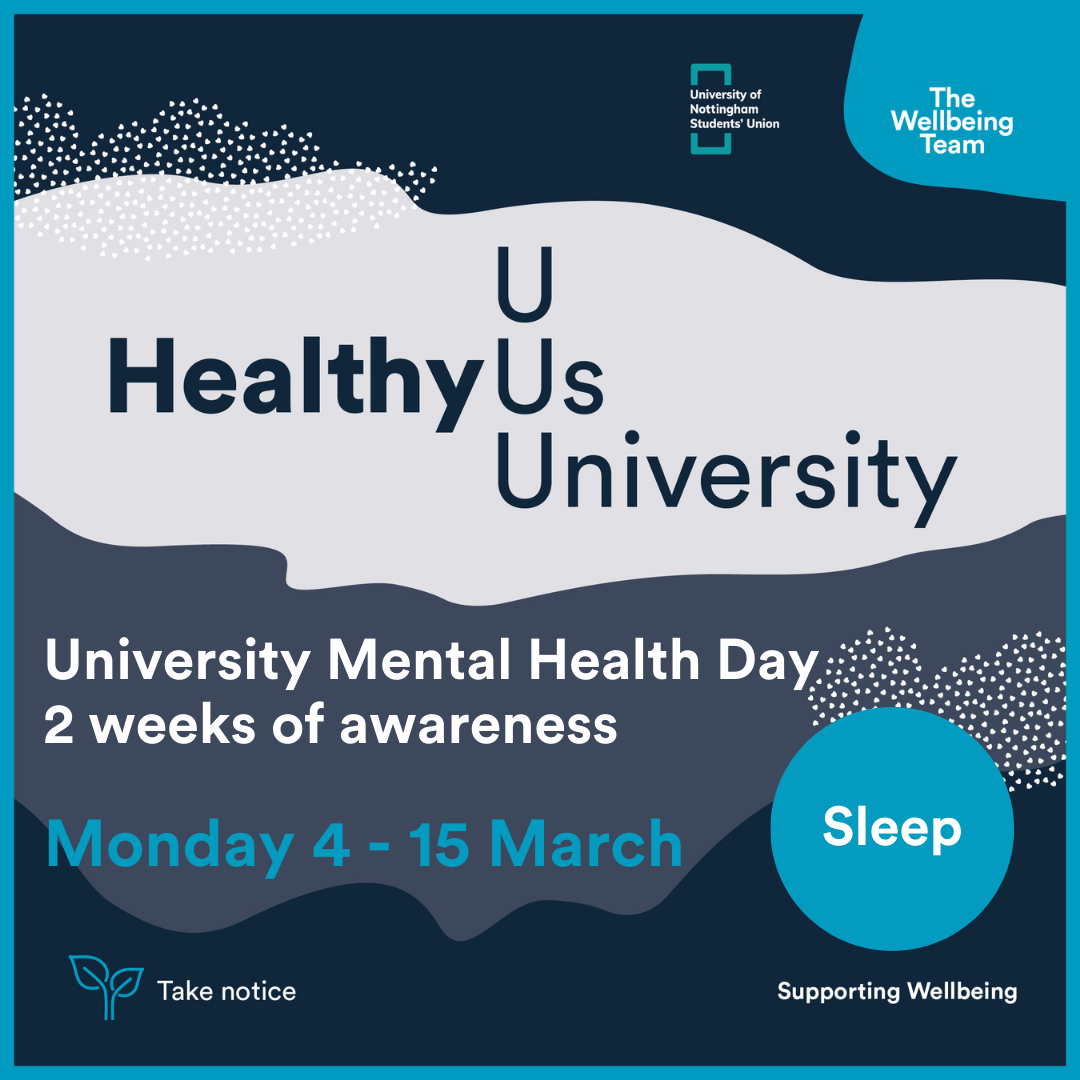
March 7, 2024, by Lauren
Sleep is an investment: making my sleep routine
Have you ever thought about sleep as an investment? Not in the stock market sense (then the Wall Street Crash might be the story of a sleepy, jetlagged American finally curling up into bed): it’s an investment into your physical, mental, and academic success.It makes sense that investing time into your sleep gives you more success the next day. Most of us know that we need 7-9 hours to feel fully rested. But sleep quality is also important, and you can invest in that too.
Revenge bedtime procrastination
For a lot of this academic year, it feels like I’ve fought against sleep rather than ‘investing’ in it – I have no Sleep Portfolio to brag about. I end up sleeping at the last possible minute when I can’t hold off any longer. Somehow, I had thought that uncomfortable phone-scrolling/worrying before this exhaustion point was a relaxing thing. I knew it didn’t feel healthy but during the day, when I’m working on academic things, I feel guilty for relaxing. Surely you should be productive for as long as possible, then only sleep when you absolutely have to?
Not so! Everyone has to sleep, and refusing to prioritise it gives you poor quality sleep. That sets you up badly for the next day. It’s more productive to get good sleep that really rests you. Sleep fixes physical stresses from during the day, like if you’ve been to the gym or walked a lot. It resets you emotionally too, helping you to feel like yourself the next day.
In fact, I had been doing ‘revenge bedtime procrastination.’ This term has been popping up recently. It means ‘needlessly and voluntarily delaying sleep, despite being foreseeably worse because of it.’ A lot of nights, I don’t even remember the point when I fall asleep. I put my phone down, then worry a lot, then sort of… ‘save game’ and black out.
Making my sleep routine
So, I’ve recently been working on a sleep routine. The biggest pull for me was that instead of waiting till I got really tired, sleep could just be something nice to look forward to. A routine makes it easier to actually get to sleep too. If your routine starts at the same time every night, your brain will begin sending bedtime signals to your body at that time. Then you can fall asleep faster and more predictably. At first, I found it hard to go to sleep at the time I’d chosen. When I set a wake-up time as well, I found I was always tired enough to sleep by my set bedtime.
But my bed is also my desk…
My main problem was that I studied on my bed, so it was hard to make it relaxing. The consensus is to only use your bed for sleeping, but that’s not easy in a student room. Most of us only have two things in our room, bed and desk! I usually study in libraries to avoid getting distracted, but if I am studying in my room, I never really sit at my desk. It’s always covered in stuff. A clear desk would be lovely but it’s the obvious place to put stuff. If I come into my room with a bag of shopping, it’s desk, bookshelf, or floor.
I had a solution for the desk problem, and – hear me out – I used masking tape. Basically, I used the tape to cordon off a huge section of my desk. Nothing’s allowed on that bit of the desk except work stuff. That means I only have a small section to put other stuff on, but that makes me tidy it more often. Before bed, all the work stuff on the desk goes into a drawer, completely out of sight. Doing this reminds me that prioritising the routine creates good sleep, whereas continuing to work would not.
My desk is usable, but there’s still no way to save my bed just for sleeping – it’s my daytime sofa. Imagine having friends in and saying ‘Sorry lads, that’s Sleep Zone! But you’re welcome to the Floor. One of you could sit on the spinny chair. Or the desk, but not the cordoned off bit.’ So, I made the bed transformable as well. In the daytime, I cover the bed with a throw blanket and put some cushions on the long side of it to make it look like a sofa. Then at night, the bed looks and feels different for the bedtime routine.
HealthyU’s sleep events
Now we come to HealthyU, who are running UoN’s University Mental Health Day (14th March). Luckily for us, the theme this year is sleep! There’s a range of lovely sleep-related events from 5th March to 15th March. I’m willing to bet that none of you have ever attended a Sleep Workshop, but thanks to HealthyU, you can absolutely do that. For the next two weeks, HealthyU is running plenty of useful events (find them here) like sleep workshops, drop-in sessions, yoga, lavender bag making, and even an event for international students to exchange recipes for sleep-related food and drinks. To keep up with HealthyU’s other events this year, visit their calendar here.
For advice on other topics, such as managing stress, healthy eating, LGBTQ support, university life and self care, check out UoN’s mental health page, linked here.
No comments yet, fill out a comment to be the first

Leave a Reply